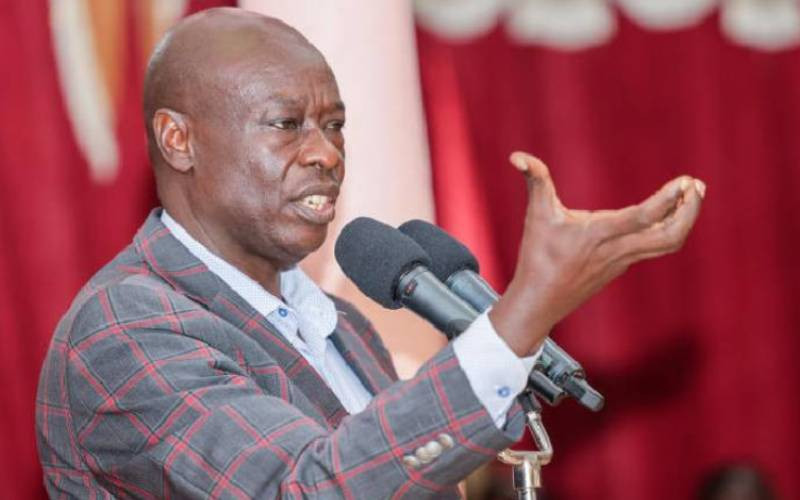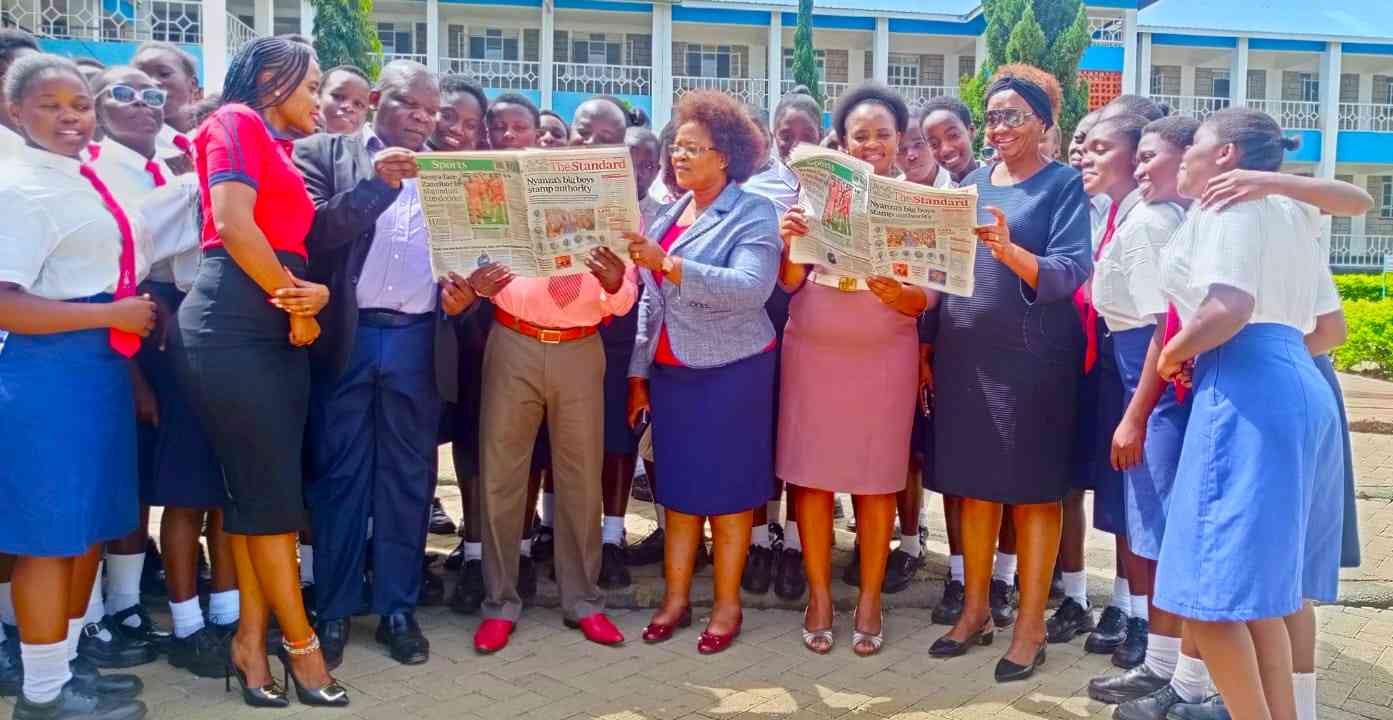“This is a long story, but let me tell you,” says Reverend Gcobani Vika as he starts talking about the village where he grew up and still works every day.
“In 1995, the people from Goboti village near Ngcobo in the Eastern Cape sat down and made a development plan for themselves. We formed a non-profit organisation to get this done,” Vika said. He had completed his master’s degree at the University of Edinburgh in 1997, and his fellow students and friends had raised money for him to do his PhD.
“I said no. They need me back home. I can feel the calling. We then agreed that we would use the money for my village.”
The hills of Goboti, outside Ngcobo in the Eastern Cape. (Photo: Supplied)
And so Friends of Goboti was born.
“When I came home the village decided that they first wanted to rebuild the Methodist church. We did that. Then next we built five classrooms. Then we had another meeting where we decided the people from this village don’t just want to be small people. We wanted to do big things.”
Substance abuse and other problems
But they had substance abuse and other problems to deal with. Some families were struggling to look after their children, so the next thing the community did was to buy netball and soccer kits. Next they consulted with experts on development priorities for the village.
“We are blessed with good soil. You can plant anything here. And we draw our water from the mountain. So we had the priorities of improving roads, water and a bridge. We are using the young people from our village for these,” said Vika.

Goboti villagers on the day the tractor arrived. (Photo: Supplied)
But then, as the cost-of-living crisis became more and more apparent in the Eastern Cape and the rest of the country, the village decided to focus on food security.
“We started what we call the green revolution,” Vika said. “For now this is the mainstay of our development. So we did a skills audit. We have plenty of land. If we wanted to, we could do three golf developments here. But we said no, we are going to plant.”
They decided that 20% of the profit from selling vegetables would go to the owners of the land, and the rest to those who were working the land.
Every garden in the village is being used.
“Every garden in the village is being used. Whether (it’s) fenced or not, we make a plan as best we can, but we are encouraging every single person to produce food,” said Vika. “We are helping each other, but our goal is to have food in every garden. The green revolution is not rocket science. It is actually very simple. But it must come from the people, not from the government.
“Before we started the green revolution we had to give food parcels to people, but we said we will not depend on them. They are just used for an emergency. We must be able to look after ourselves. We are beating poverty and we are providing job opportunities,” he said.
The village has about 700 households, and each has five members on average.
Last week, the MEC for rural development and agrarian reform, Nonceba Kontsiwe, handed over a tractor and implements to the Goboti Residents’ Association to help the community bring their green revolution to life.
“The first thing we did, however, was to collect R100 from each household so that we can look after the tractor,” Vika said. “Let me tell you, there was a lot of excitement when the tractor arrived here. It has always been our dream to have a tractor. We are going to plough another 200ha of land now. Then we will be able to sustain everyone,” he said.
The village is planting vegetables, including maize and sweet potatoes.
“But I can tell you, God has blessed us with beautiful soil. You can bring anything here for us and we will grow it,” he said.
Plans spreading throughout Eastern Cape
The villagers’ next plan is to put up processing facilities for their vegetables so that they can “keep every cent inside the village”. Vika said their plans for the green revolution were slowly spreading throughout the province.
“I had people here from Port St Johns, Mthatha and Qonce. They all want to learn. We just want everyone to be healthy. We are now having a conversation with (the Department of) Social Development on how we can teach people about living healthy lifestyles.”
Kontsiwe said communities must produce their own food for consumption and sale, adding that the government was on a mission to ensure every bit of arable land in communities, schools and church lands was ploughed.
“We are here to hand over a tractor to the Goboti Residents’ Association, and we want to encourage them because they are doing great work in planting so many hectares that they are working on.
We want to fight poverty and eradicate it totally.
“We are heeding the call on the report by the Human Rights Commission, which says some parts of the Eastern Cape are living below the poverty line. We want to fight poverty and eradicate it totally.
“Our intentions are to ensure each household has a back-yard garden or home-based (food) gardens. So, we want to strengthen that and encourage those who have not initiated agriculture programmes to do the same,” she added.

Reverend Gcobani Vika with villagers at Goboti. (Photo: Supplied)
Kontsiwe said the Eastern Cape government would intensify programmes to support vulnerable households. Over the past 15 years it had invested R60-million in 30,000 vulnerable households and delivered vegetable seeds, seedlings, maize, poultry feed, poultry medication, chicks and fertilisers to 205,038 households for food production to eradicate poverty.
In his State of the Province speech earlier this year, Premier Oscar Mabuyane said the government would invest R60-million in the current financial year to ensure food security in the province. This is an extraordinary measure to address concerns from the South African Human Rights Commission. The amount earmarked for this year equals the total investment by the province over the past 15 years
‘Committed to expanding project’
The executive mayor of Dr AB Xuma Local Municipality, Siyabulela Zangqa, hailed the project as a catalyst to fight the triple challenges of poverty, unemployment and inequality that engulf rural communities, and said the municipality is committed to helping with the project’s expansion.
“If we want to fight poverty, unemployment and inequality, we need to intensify our efforts in agriculture and ensure everyone gets an opportunity to work in the fields. We want to ensure that we support this initiative of people who have already started to work on their own. The government is here to lend a hand and we commit to assist them,” Zangqa said.
He added that the Chris Hani District Municipality had identified another 800ha for planting and it is engaging with communities to make sure that the land was being ploughed.
“Our goal is for everyone to get involved in agriculture to combat poverty and support communities. We believe this will transform lives,” Kontsiwe said. “Project members will have numerous opportunities, including joining the Department of Education’s nutrition programme, supplying local supermarkets or even starting their own markets.” DM
![]()



















Discussion about this post